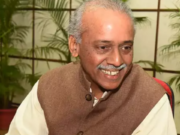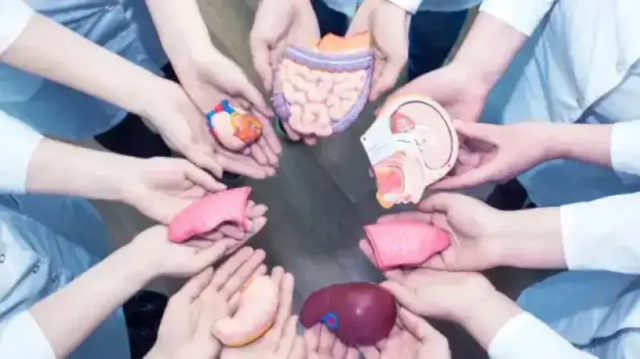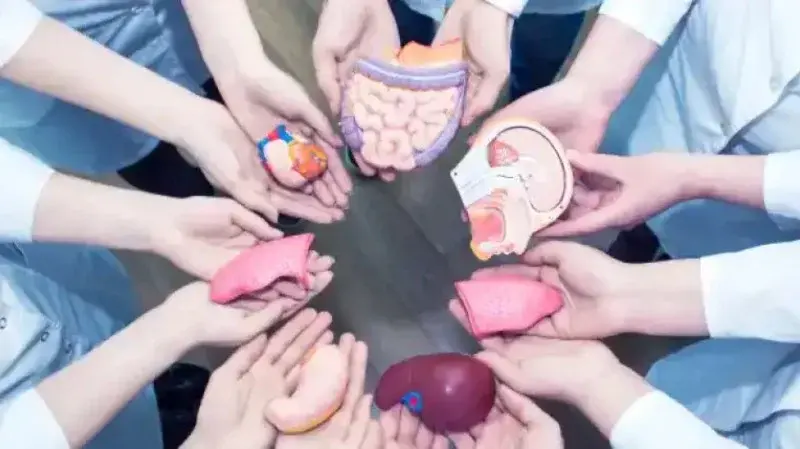
Foreign Patients Seek Cost-Effective Treatments
The majority of foreign patients come from neighboring countries such as Bangladesh, Nepal, and Myanmar, where transplant facilities are either unavailable or still developing. A notable portion also arrives from developed nations like the US and the UK, primarily for living donor transplants due to significantly lower costs in India. Dr. Subhash Gupta, liver transplant surgeon and chairman of Max Centre for Liver and Biliary Sciences, noted, “Nearly 30% of patients undergoing liver transplant at our centre are foreigners.”Types of Organ Transplants
Organ transplants involve removing an organ from a donor and transplanting it into a recipient. Donors can be either living or deceased. Living donors can donate organs like a kidney, parts of the pancreas, and sections of the liver, whereas deceased donors, declared brain dead, can donate multiple organs and tissues, including the heart, lungs, liver, kidneys, intestines, and corneas.
Preference for Living Donor Transplants
According to NOTTO data, of the 1,851 foreign transplant cases in 2023, only nine involved organs from deceased donors. Pallavi Kumar from Mohan Foundation, an NGO dedicated to organ donation, pointed out that deceased donations are rare in India and are generally reserved for Indian recipients. “Most transplants involving foreigners are living donor transplants,” she said.
Stringent Protocols for Foreign Transplants
“For living donor organ transplants involving foreigners, there are strict protocols and vetting is done at multiple levels to ascertain that the donor is a blood relative of the patient before allowing transplant,” explained Dr. A S Soin, liver transplant surgeon and chairman of the Institute of Liver Transplantation and Regenerative Medicine at Medanta-The Medicity. Recent reports of commercial dealings in organ transplants with foreign nationals prompted the Centre to issue a directive mandating states and Union Territories to create a NOTTO-ID for all organ recipients, whether the transplants involve living or deceased donors.Geographic Distribution and Data Insights
The figures shed light on the geographic distribution of foreign transplants across India. Delhi had the highest number with 1,445 cases, followed by Rajasthan with 116, and West Bengal with 88. States like Uttar Pradesh, Telangana, Maharashtra, Karnataka, Gujarat, Tamil Nadu, and Manipur also contributed to the total count, albeit in smaller numbers. Notably, Delhi-NCR accounted for nearly 78% of all foreign transplants, with over 32% of the total transplants in Delhi involving foreign nationals.
Background on India’s Organ Transplant Landscape
In 2023, India recorded 18,378 organ transplants, with 42 recipients receiving more than one organ, resulting in a total of 18,336 recipients. Among the recipients, 30% were women, with their proportion being highest among lung recipients at 47%. The country saw 197 lung transplants, and for the first time, over 1,000 deceased organ donors in a year, breaching its previous record. Deceased-donor transplants have increased significantly from 837 in 2013 to 2,935 in 2023.
Foreigners are allocated organs from deceased donors only when there are no matching Indian patients at the state, regional, or national level. Despite the increase, the organ donation rate in India remains less than 1 per million population.











































